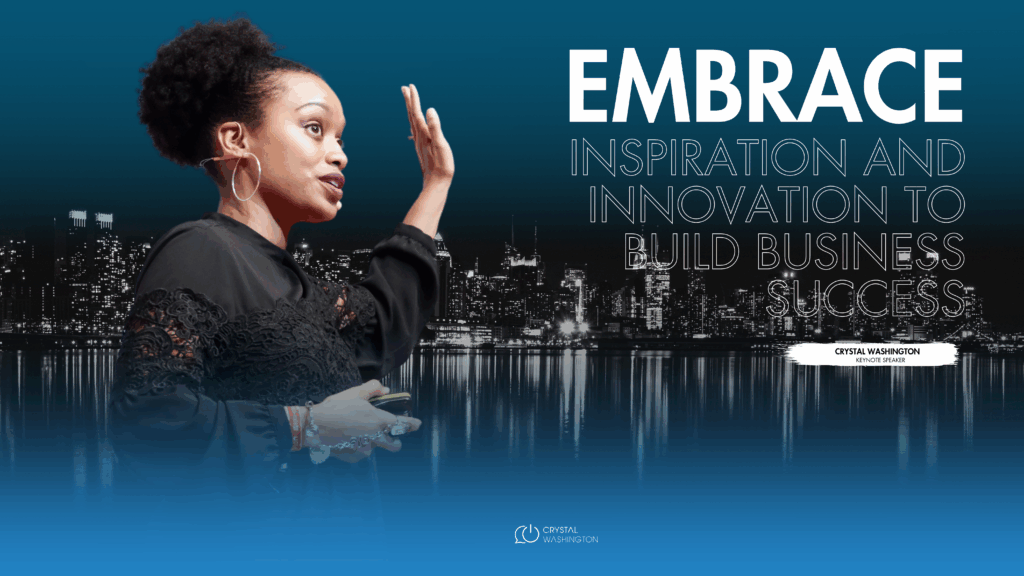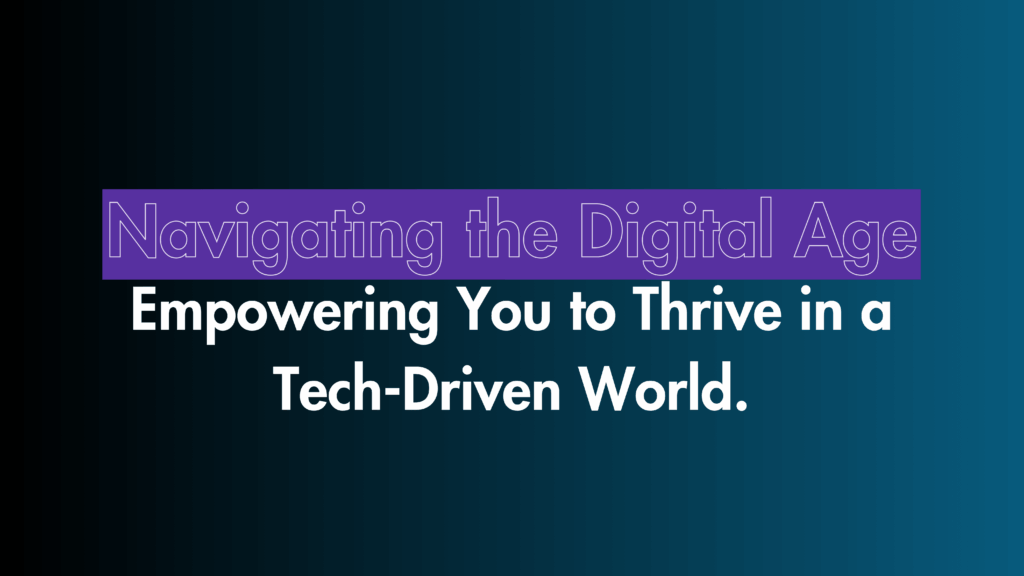With more than 73% of online adults using social media, the opportunity for users to connect with personal and business contacts is at an all-time high. Facebook is a great resource for staying connected with family and reconnecting with old friends. Sites like LinkedIn, Twitter, and Facebook offer strategic opportunities to build relationships with hiring managers and learn about open job positions.
While social media provides innumerable opportunities for relationship building, users often find themselves in uncomfortable situations with connections. Creating a profile can open users up to friend requests from strangers, undesirable postings on their profiles, and a host of other issues.
Creating Boundaries
The rules of engagement online are exactly the same as they are in-person. Similarly, just as we have to set boundaries with our ‘real world’ friends, we have to set healthy boundaries with our online connections.
Set the tone on your profile
Are you using a specific social network for business-only? Set the tone by using a polished, professional, profile picture. The language in your profile description should be business-focused. Your posts should center on professional topics. Don’t be a robot, but pictures of you dancing on a table with a margarita in your hand are a big no-no if your main focus is building a business network. By setting the tone on your profile, you are sending out the message to new connections that you are focusing on professional topics. Setting the tone does not simply apply to business profiles. As an example, if you don’t want connections to post gossip blogs on your wall, or tag you in a tweet with a link to one, don’t post them yourself.
Be selective
While the point for many in using social media is connecting with current and new potential contacts, you do not have to accept all friend/connection requests. The number of spamsocial media users paired with those that simply would not be a good fit dictate that the average user should approveless than half of most requests received. The following is an excerpt from my book, The Social Media WHY: A Busy Professional’s Practical Guide to Using Social Media Including LinkedIn, Facebook, Twitter, YouTube, Pinterest, Google+ and Blogs for Business:
Imagine being gifted a beautiful luxury home for free. You decide to let everyone in, no matter who they are. After a while, your home is dirty and stinks, plus you are tired of the fighting and crazy conversations going on in your living room. It is obvious the house is stupid and is to blame for your situation, right?
Bottom line— you are responsible for the people you accept. The quality of your social media experience is directly related to the quality of the network your build.
Treat your social media profiles like your home
As demonstrated in the above tip, your social mediaprofile is a great deal like your home. Set rules and enforce them, when necessary. Just as you would not allow a guest to place his muddy boots on your coffee table, address connections who post inappropriate links and articles on your profile or tag you in them. Inappropriate is relative. If you do not wish to be included in political rants, it is okay to remove them or let the poster know that you should not be tagged. Also, like your home, other guests are watching you. If you allow one rude guest to verbally attack anotherguest or use bigoted language without correction, visitors will assume that you condone the behavior. Silence is an answer. Be sure to monitor your pages and profiles and, when necessary, take corrective measure or reroute conversations.
‘No’ is a full sentence
There may be times when a friend/connection asks you for a favor out of turn. I have personally been asked for loans more times than I can count, often by peoplewho I’ve never met in person. I’ve been asked for business referrals by peoplewho I have no personal business history with. Someone may attempt to attach themselves to you in a way that makes you uncomfortable. The bottom line is that a simple ‘no’ is perfectly okay. You don’t have to explain yourself or go into more detail. If necessary, unfriend or remove contacts who repeatedly cross lines.
Be of service
Social media is about people, not technology. Remember that the purpose of connecting with people is to create mutually beneficial relationships. Be of service to your connections. Post helpful information, provide insight when possible and facilitate introductions betweencomplementary connections. When you focus on being of service, and you know that you are a giver, enforcing boundaries becomes easier as you will understand that you can give more to those you are called to help, by minimizing energy-sucking distractions.




